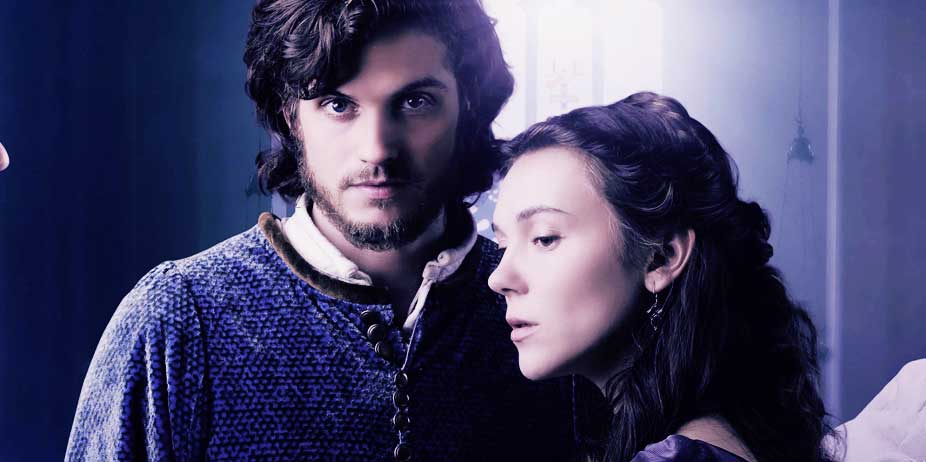 Medici,
The Magnificent (2018)
Medici,
The Magnificent (2018)
The Renaissance shaped Europe’s
history in profound ways, a culture that created and
encouraged artistic developments in art, music, and
literature. A handful of names shine in this era,
including the Medici family.
When his father escapes an assassination attempt alive
but injured, young Lorenzo (Daniel Sharman) must take
over the family business. His mother pushes him to step
forward and assume power over his father’s bank, in dire
financial straits since the Pope may pull their loan and
their creditors have not paid. In hopes of furthering
their Roman alliances, she arranges his marriage to the
beautiful young Clarice (Synnove Karlson), but feels
stymied since Clarice wants to devote her life to Christ
and become a nun.
Meanwhile, Lorenzo indulges his passions with his
mistress, the exquisite but married Lucrezia Donati
(Alessandra Mastronardi). His wayward brother Giuliano
(Bradley James) sets his romantic heart upon a
fair-faced maiden, and his sister threatens to run away
with her lover, from a rival family. While Lorenzo
wrestles with his conscience and his desire to improve
Florence, his enemies, which include Jacop de Pazzi
(Sean Bean) move against them in a bloodbath that shocks
history.
I can be difficult to please with historical fiction,
but this series is good. It’s not excellent, because
it’s only eight episodes and the pacing doesn’t allow
for a huge amount of character development. I would have
appreciated more time to see the relationships develop,
but the series is more about political scheming than
intimacy. It tries to mirror Game of Thrones
but makes the same mistake of too many side characters
without enough screen time. But what they do have, is
good. Lorenzo is a likable man even though he’s a
hypocrite (he desperately wants to do good, and please
God, yet sees nothing wrong with adultery). The
supporting characters have less personality, but the
series creates a lot of dramatic tension, especially in
the fantastic last two episodes.
The costuming is beautiful if not always accurate, but
more important are the sets and artistic backdrop.
Florence at this time was all about the arts, and it’s a
delight to see the stories involve in magnificent old
cathedrals and beneath elaborate Frescos. A famous
painter features heavily in several episodes, with
mentions of Leonardo (Da Vinci) and others. One thing
they included that I loved was the period-authentic
trend of painting family faces into elaborate Christian
murals. In this case, Lorezo is one of the “wise men”
off to visit the baby Jesus, symbolism his family hopes
in his childhood will remind him of his need to “lead”
the family and step forward when his father and
grandfather (the other two wise men) fall behind. The
flashbacks between modern and memories are well-done.
And though it can get tawdry at times, they’ve used
restraint in the content (TV14). I’ll watch it again –
at a slower pace this time. It’s a story that needs to
settle in the mind, not a binge-watch.
Sexual Content:
Adulterous trysts. A half dozen sex scenes (obscured, or
largely non-graphic), often with partial nudity (no
nipples, but backside nudity, side views of breasts,
etc).
Language:
Mild. Occasional slurs (bastard, bloody, God's blood,
etc).
Violence:
Many men die from being stabbed, sometimes repeatedly
(on-screen); others are hanged (we hear their necks
break). General violence in the streets. Assassination
attempts. Not much blood.
Other:
Open marriages, a man justifies his adultery.
